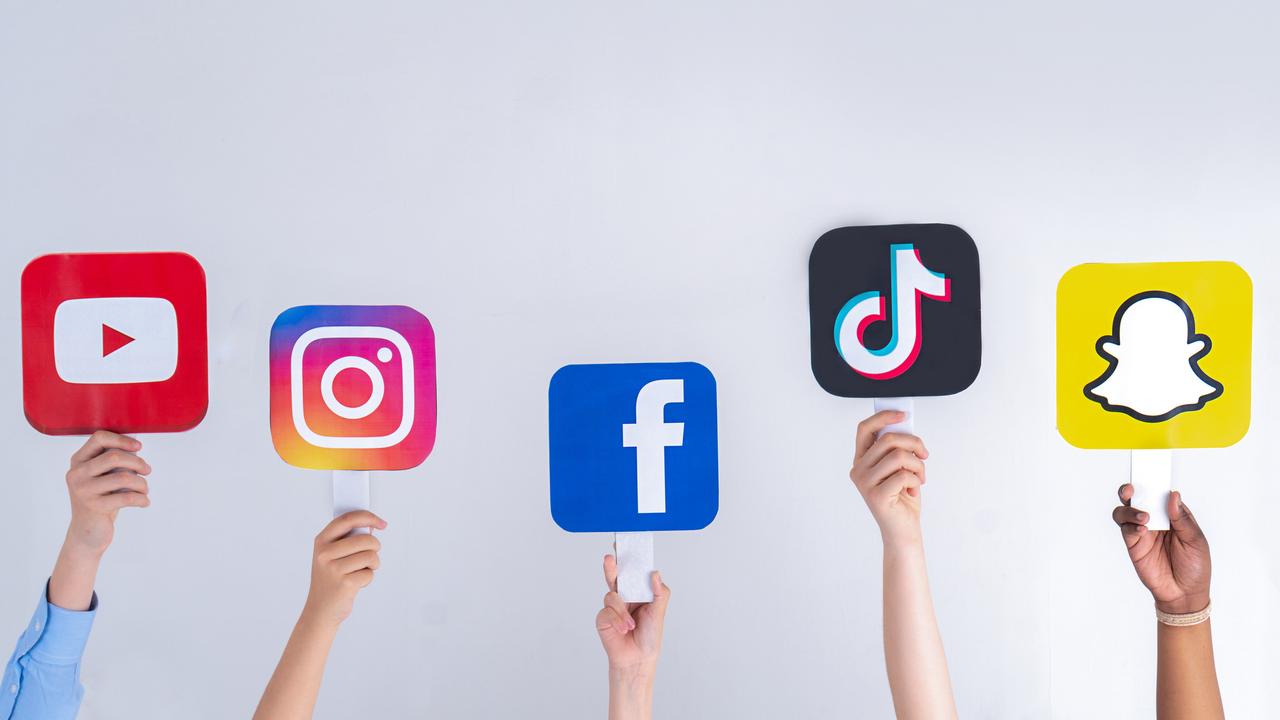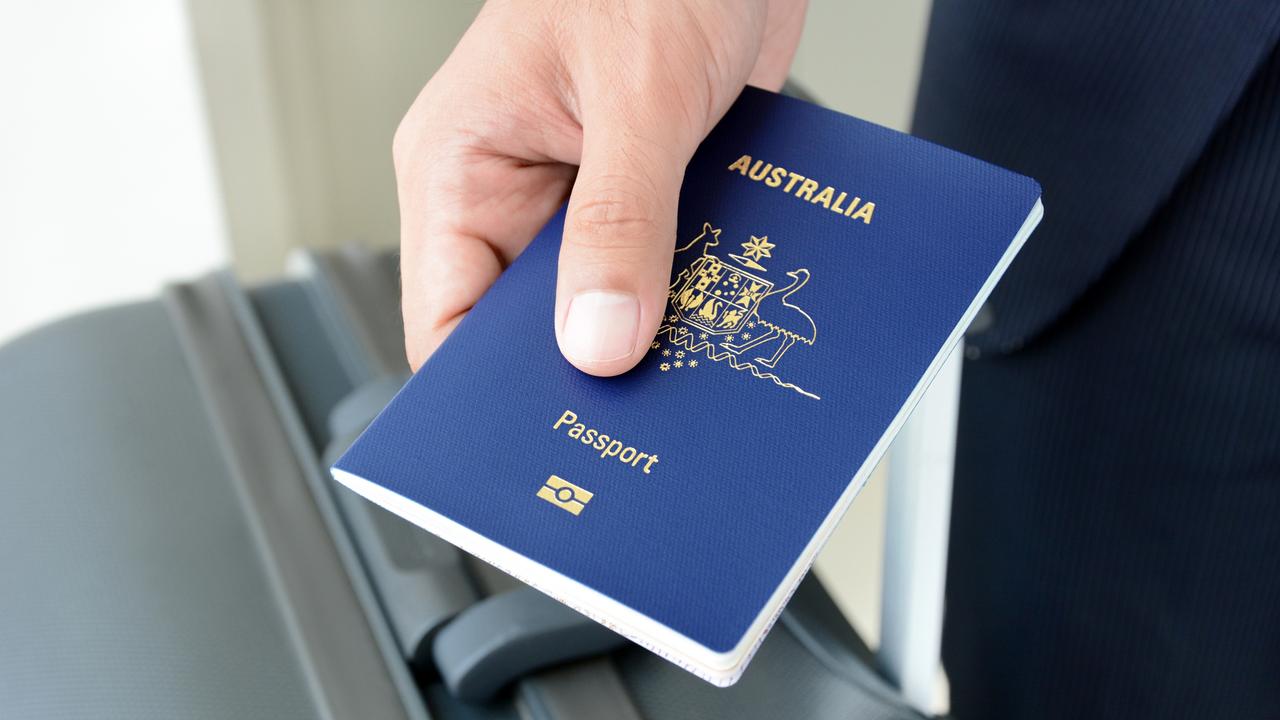US schools sue tech giants over social media harm
A public school district in the US has launched legal action against TikTok, Instagram, Facebook, YouTube and Snapchat, claiming they have damaged the mental health of young people

READING LEVEL: RED
A public school district in the US has launched a novel* lawsuit* against the tech giants behind TikTok, Instagram, Facebook, YouTube and Snapchat, seeking to hold them accountable* for a mental health crisis among young people.
Seattle Public Schools filed the lawsuit on January 6 in the US District Court. The 91-page complaint said the social media companies had created a public nuisance by aiming their products at children.

It blamed them for worsening mental health and behavioural disorders, including anxiety, depression, disordered eating and cyber-bullying. It said these made it more difficult to educate students, forcing schools to take steps such as hiring additional mental health professionals, developing lesson plans about the effects of social media and providing additional training to teachers.
“Defendants* have successfully exploited* the vulnerable* brains of youth, hooking tens of millions of students across the country into positive feedback loops of excessive use and abuse of Defendants’ social media platforms,” the complaint said.
“Worse, the content Defendants curate* and direct to youth is too often harmful and exploitative*.”

While US federal law – Section 230 of the Communications Decency Act – helps protect online companies from liability* arising from what others post on their platforms, the lawsuit argued that provision did not protect the tech giants’ behaviour in this case.
“Plaintiff* is not alleging Defendants are liable* for what third-parties* have said on Defendants’ platforms but, rather, for Defendants’ own conduct,” the lawsuit said.
“Defendants affirmatively* recommend and promote harmful content to youth, such as pro-anorexia and eating disorder content.”
Google and Snapchat released statements two days, later saying they had worked to protect young people who use their platforms.
Snapchat launched an in-app support system called Here For You in 2020, to help those experiencing mental health or emotional issues find expert resources. It has also enabled settings that allow parents to see who their children contact on Snapchat, though not the content of those messages. It also recently included more information about a crisis helpline in the US.
“We will continue working to make sure our platform is safe and to give Snapchatters dealing with mental health issues resources to help them deal with the challenges facing young people today,” the company said in its written statement.

Jose Castaneda, a spokesperson for Google, which owns YouTube, said his company had also given parents the ability to set reminders, limit screen time and block certain types of content on their children’s devices.
“We have invested heavily in creating safe experiences for children across our platforms and have introduced strong protections and dedicated features to prioritise their wellbeing,” Mr Castaneda said.
Facebook whistleblower* Frances Haugen revealed in 2021 that the company knew Instagram negatively affected teenagers by harming their body image and making eating disorders and harmful thoughts worse.
She alleged* that the platform prioritised profits over safety and hid its own research about the damage it was doing from investors and the public.

The school district’s lawsuit said there had been an average 30 per cent increase from 2009 to 2019 in the number of Seattle Public Schools students who reported feeling “so sad or hopeless almost every day for two weeks or more in a row” that they stopped doing some typical activities.
The school district is asking the court to order the companies to stop creating the public nuisance, to award damages and to pay for prevention education and treatment for excessive and problematic use of social media.
GLOSSARY
- novel: new, not something that has been seen or done before
- lawsuit: a case in a court of law which involves a dispute between two people or organisations
- accountable: when someone is responsible for what they have done and must explain their reasons for doing it
- defendants: the people or group who are accused in court of law of doing something wrong
- exploited: taken advantage of
- vulnerable: at risk of harm
- curate: to carefully choose, arrange and present different items in order to get a particular effect
- exploitative: to make use of a situation or treat others unfairly in order to gain an advantage or benefit
- liability: legal responsibility
- plaintiff: the person or company that makes a legal complaint about someone else in a court of law
- liable: legally responsible
- third-parties: people who are involved but are not one of the main people in a business agreement or legal case, in this case the social media users
- affirmatively: in a way that shows approval or agreement
- whistleblower: a performs who reveals inside information they have about wrongdoing
- alleged: claimed
EXTRA READING
Gen Z girls go all in on influencers
Extra-curricular kids happier and healthier
TikTok teaching set to trump tired English tasks
QUICK QUIZ
- Which US public school district launched the lawsuit against the tech giants?
- Which court was the lawsuit filed in?
- How many pages is the complaint?
- The school district claims the tech giants have created a public nuisance by doing what?
- Who is Frances Haugen and what did she reveal in 2021?
LISTEN TO THIS STORY
CLASSROOM ACTIVITIES
1. Be the judge
Imagine you are the judge who must decide this case. What would your judgment be? Write a detailed statement explaining the reasons for your decision. (Don’t forget to include the amount of any money that you decide the companies need to pay and what you want them to spend it on, if you think this should happen.)
Time: allow 25 minutes to complete this activity
Curriculum Links: English, Civics and Citizenship, Personal and Social Capability
2. Extension
Write a list of Top Tips to help other kids your age maintain good mental health.
Time: allow 25 minutes to complete this activity
Curriculum Links: English, Health and Physical Education, Personal and Social Capability
VCOP ACTIVITY
Wow word recycle
There are plenty of wow words (ambitious pieces of vocabulary) being used in the article. Some are in the glossary, but there might be extra ones from the article that you think are exceptional as well.
Identify all the words in the article that you think are not common words, and particularly good choices for the writer to have chosen.
Select three words you have highlighted to recycle into your own sentences.
If any of the words you identified are not in the glossary, write up your own glossary for them.

